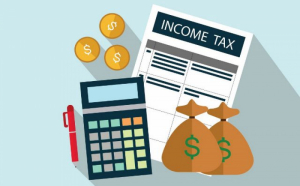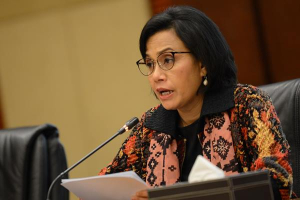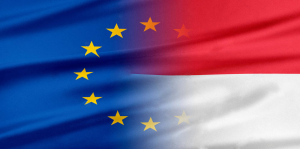Ministry of Finance issued new regulation concerning tax for office facilities and benefits
The Ministry of Finance has issued a new regulation concerning the taxation of benefits and facilities. provided by employers to employees. Under the new regulation, such benefits and facilities will be considered as additional income and subjected to Income Tax (PPh).
The regulations, outlined in Minister of Finance Regulation (PMK) 66 of 2023, aim to provide legal certainty and fair treatment regarding PPh for compensation or rewards related to work or services. Furthermore, the taxation of office facilities is intended to prevent tax base erosion.
Exempted benefits and facilities
According to Article 2, paragraph (1) of the regulation, "The cost of compensation or rewards given in the form of benefits and/or facilities related to work or services can be deducted from gross income to determine taxable income for the employer, as long as it constitutes costs to acquire, collect, and maintain income."
The implementation of PPh on benefits and facilities will be effective from January 1, 2022, for companies whose fiscal year for the 2022 book year starts before January 1, 2022. For companies whose 2022 book year commences on January 1 or later, the taxation of benefits will be adjusted accordingly based on the start of their fiscal year.
However, not all benefits or facilities provided by employers will be subjected to PPh. The regulations also include exemptions for several types of tax-free office facilities, which are as follows:
- Food, food ingredients, beverages, or drinks provided to all employees. This includes meal vouchers or compensation for employees who do not utilize the office's food facilities, such as during out-of-town assignments. However, the maximum tax-free limit for meal vouchers or compensation is IDR 2 million per month.
- Benefits or perks in specific areas, such as housing, healthcare services, education, worship, transportation, and sports facilities. This excludes golf, motorboat racing, horse racing, hang gliding, and motor sports. However, these exemptions apply only to specific areas.
- Benefits related to security, health, and occupational safety, such as uniforms, occupational safety equipment, employee transportation, ship/aircrew accommodation, and other pandemic-related facilities.
- Benefits or office facilities funded by the state budget (APBN), regional budgets (APBD), or village budgets.
- Benefits or office facilities with specific types and limitations, including holiday gifts, work-related facilities such as computers, mobile phone credit, internet access, on-site healthcare services, and sports facilities except for certain types. All benefits received or obtained during 2022 are also exempted from taxation.
Impact on employers
Tax experts believe that the issuance of technical regulations concerning the taxation of company-provided benefits will not weaken the purchasing power of employees.
"This policy will not have an impact on the purchasing power of the middle class," said Wahyu Nuryanto, Executive Director of MUC Tax Research, on Wednesday (5/7/2023).
Wahyu explained that this is because the government has classified certain types of benefits with specific limitations as non-taxable objects, ensuring they are not subject to taxation.
"Some benefits commonly received by this group, such as computers, laptops, mobile phones, and associated facilities like phone credit and internet access for work purposes, are exempt from income tax," he stated.
Similarly, Fajry Akbar, a researcher from the Center for Indonesia Taxation Analysis (CITA), believes that these regulations will not have a negative impact on employees' purchasing power or consumption.
"Considering the exemptions and value limits specified in PMK No. 66 of 2023, this regulation does not target the middle and lower class. Therefore, its impact on consumption levels will be very limited," he concluded.
The Directorate General of Taxes atThe Directorate General of Taxes at the Ministry of Finance has explained that these regulations encourage companies to enhance employee welfare by providing facilities. These facilities can be deducted as a reduction from gross income, thus reducing the overall tax liability.
Tag
Already have an account? Sign In
-
Start reading
Freemium
-
Monthly Subscription
30% OFF$26.03
$37.19/MonthCancel anytime
This offer is open to all new subscribers!
Subscribe now -
Yearly Subscription
33% OFF$228.13
$340.5/YearCancel anytime
This offer is open to all new subscribers!
Subscribe now






